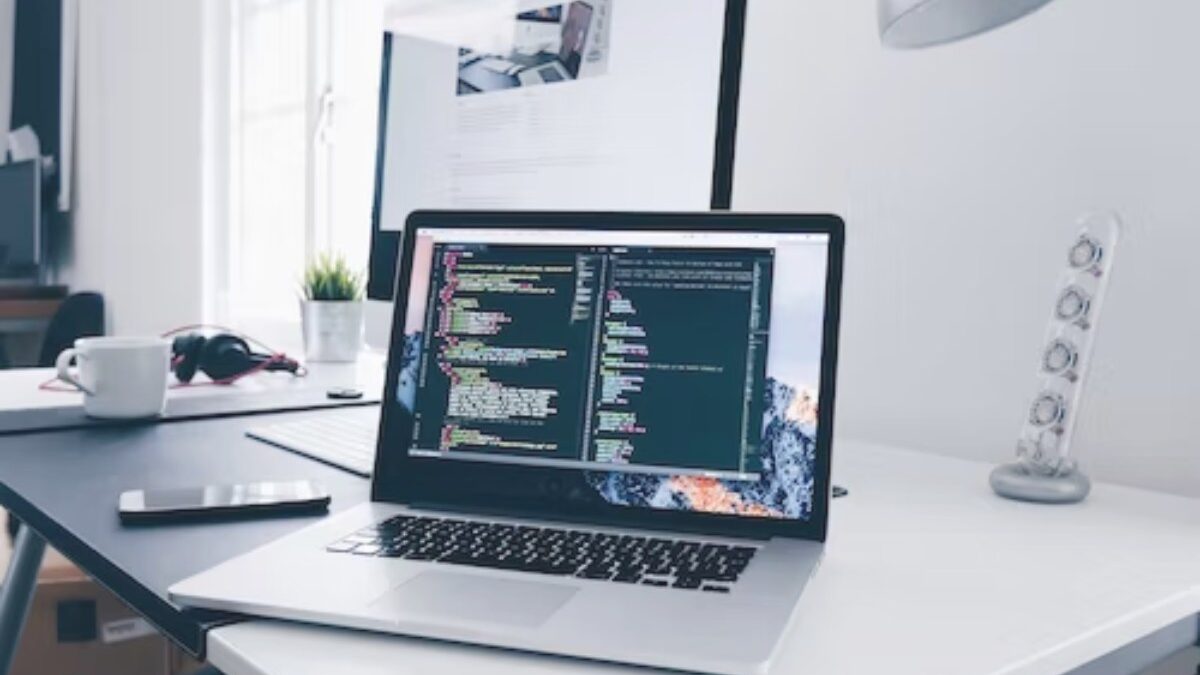Are technology funds suitable investments – The manager of the fund for new technological leaders manages 5,000 million euros
Book Dane (Boston, 1967) is one of the three managers of the Goldman Sachs Global Future Technology fund. This investment strategy has attracted almost 5,000 million euros in two years. The birth of this vehicle coincided with a very delicate moment for the technology sector; the Dane fund dropped 34% in the year. Still, the manager argues that rarely has there been such an attractive entry point for investing in some companies that will define the world of tomorrow.
Is now a good time to participate in technology?
I firmly believe yes. The corrections that the sector has suffered are already very severe. Something similar had not been seen since the bursting of the dot-com bubble in 2000 and the crisis of 2008. But now we are in a very different moment from those two. On this occasion, the great trigger has been the rise in interest rates. But we see that there are still substantial technology companies with a great capacity to generate positive cash flows.
What is the specific focus of the fund?
We invest both in North American companies, as well as European or emerging countries. The limit is companies with less than 100,000 million dollars of market capitalization. Most investors are overinvested in the big tech giants, primarily because of their heavyweight stock indices. But we see that technological innovation is becoming more global and democratized.
What kind of companies are they looking for?
Companies that operate in very disruptive sectors. Only 9% of our portfolio are companies that have not yet entered profits. In addition, we have a very demanding valuation discipline.
Was the timing of the fund’s launch the right one?
We have had to start in a tough market, but it has also allowed us to buy excellent companies at low prices. Currently, the prospects for revaluation of the technology sector are very high. Our portfolio companies have proven to have very resilient balance sheets, so we believe they will perform well. The future of technology continues to be very good, especially in this range of medium-sized companies from around the world
In which subsectors are they most invested?
We include about 60 companies in which we have high conviction. We see outstanding opportunities in cybersecurity, enterprise software and semiconductors. They are our three significant areas.
Is the war in Ukraine going to cause spending on cybersecurity to skyrocket?
Cybersecurity is increasingly critical, both for governments and for companies and individuals. A war context is indeed going to increase the demand for cybersecurity solutions.
What are the trends in this field?
The rise of data storage in the cloud changes security paradigms to defend information. Now the considerable risk is access to those big data storage centres. How these accesses to the cloud occur must be protected a lot. The other clear trend in the sector is identity protection to prevent impersonation.
Here in Spain, we have recently learned that the cell phone of the President of the Government has been hacked…
Yes, with Pegasus technology of Israeli origin. Cyber threats are growing exponentially. No one is safe. It is complicated to protect against a program like Pegasus infiltration. But it is possible to establish firewalls, and that access to certain more sensitive security areas is not allowed if a mobile is hacked. What is clear is that the bad guys innovate very fast, and you have to keep up with them. It’s always a game of cat and mouse.
Is the semiconductor sector also very disruptive?
Yes, totally. The entire universe of technology and innovation depends on producing semiconductors: mobile phones, cloud storage, artificial intelligence… We are looking for companies that can control their own margins in this field. We are also looking for firms that will be innovation leaders, for example, in chips for electric cars. It is essential to know them very thoroughly.

